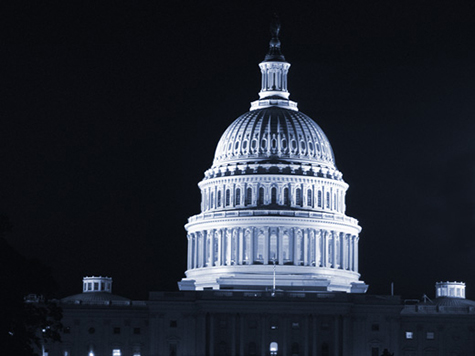
The Online College Database has named Washington University in St. Louis one of “50 Colleges Committed to Saving the Planet.” The university earned a place on the list because of its environmental policy major.
The major is one of three offered by the Environmental Studies program in Arts & Sciences.
Tiffany Knight, PhD, associate professor of biology and director of the Environmental Studies program, said it is a new major, so it is exciting that it is being acknowledged.
The Department of Political Science in Arts & Sciences has shown commitment to the environment by creating the major and has plans to expand it, adding even more course offerings.
The College Database called the environmental policy major “a rigorous journey through the tangled web of politics, bureaucracies, public opinion, regulation, the global political economy, sustainability, global oil battles, climate change, genetically altered foods, air and water quality, and biochemistry.”
Bill Lowry, PhD, professor of political science and a member of the Environmental Studies faculty, organized the environmental policy major, which he refers to as interdisciplinary.
“We have five foundational courses that everybody has to take, which include Introduction to Environmental Biology, Introduction to Environmental Earth Science and Introduction to Environmental Policy, plus the anthropology department’s flagship course on environmental issues, Culture and the Environment, and finally a course on environmental ethics taught either by a political scientist or a philosopher,” Lowry said.
Students are also required to take courses on research methods but are then free to choose from an array of temptations that include the Politics of Bureaucracies, The Politics of Regulation and Negotiating Major Legislation in Congress.
Lowry is particularly happy with the Introduction to Environmental Policy, currently taught by Scott Krummenacher, PhD, a postdoctoral research associate in political science.
“Scott is a dedicated teacher who is also involved in many environmental activities outside of campus. He can thus integrate a scholarly approach with real world experiences,” Lowry said.
Lowry himself teaches an extremely popular course on Environmental and Energy Policies, Knight said. “Students consistently report that it was the most important course they completed in their college career.”
Lowry’s course is one of the inaugural offerings this fall for Semester Online, a group of undergraduate online courses offered by a consortium of leading universities, including WUSTL.
Students interested in the requirements for the environmental policy major can find them at http://enst.wustl.edu/programs/environmental-policy. The other two majors in the program are environmental biology and environmental earth science.